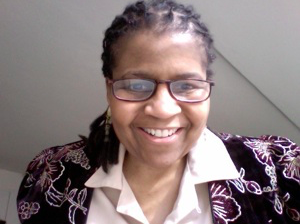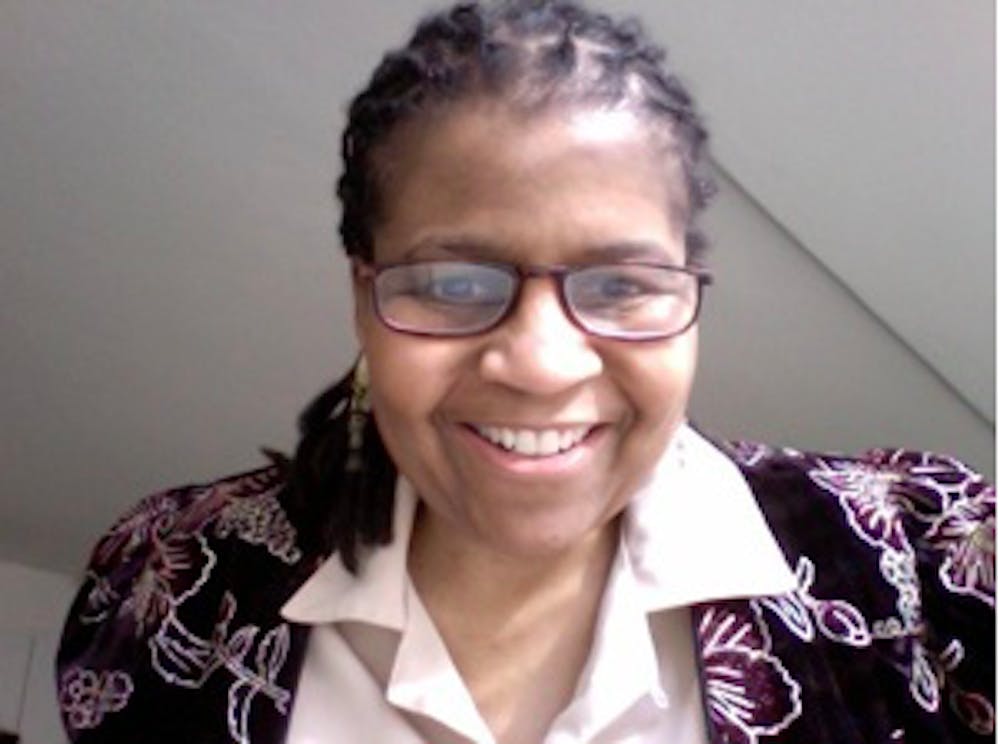By Lara Becker
Managing Editor
Led through the journalism department, the webinar “Fighting the Infodemic: Fake news, public trust and fighting public health policy,” streamed on Oct. 7 from 4 to 5:30 p.m. Open to students and invited guests, the webinar discussed media in the age of Covid-19 and the fights consumers must take to obtain credible information.
Journalism professor and civic media researcher, Kim Pearson, and assistant professor of public health, Natasha Patterson, were the moderators for the webinar. The two hosted panelists Dr. Oliver Brooks, a physician and immediate past president of the National Medical Association; David Mindich, the chair of Temple University's department of journalism; Melanie Kron, the senior producer of Doctor Radio on Sirius XM/Pandora; and Jacqueline Bishop, a writer, public health policy advocate.
“Covid was a nuclear grenade,” Brooks said. As soon as mid-March rolled around, he felt everything else fall away as the pandemic came to the forefront of the conversation — whether you were a doctor, teacher, or radio producer.
For Kron, she remembered seeing pictures of cadaver transport trucks and immediately feeling something was very wrong.
“The pit of my stomach dropped. I said, ‘Have you seen this? This should scare us,’” she said.
By late March, the panelists went from seeing Covid-19 as a part of the conversation to becoming the entire conversation. But as it was happening, the world was becoming inundated with information.
An infodemic, according to Patterson, can be defined as an overabundance of information, making it difficult to differentiate fact from fiction when the news is in a surplus. Everyone was talking, but who was to say what the truth was? This is where journalists come in to set the record straight.

One example the panelists discussed was the transition of discourse surrounding masks. In the beginning, doctors dismissed masks as only necessary for those who were sick. And it was clearly reflected in the U.S. population, as not everyone was wearing masks yet.
Experts then found that masks would turn out to be beneficial for everyone to wear, and government mandates in most states echoed this by the end of March.
From then on, Kron discussed the ways in which she encouraged individuals to ensure they were getting the right information.
“Just because someone has a Ph.D. next to their name, it doesn’t mean they are an expert in the subject that they are currently talking about,” Kron said.
On her show, called “Doctor Radio,” she brings to the table peer-reviewed, journalistically-sound scientific information that strays from any conspiracies of the formerly dubbed “Chinese virus” by President Donald Trump. Leading with the facts is at the utmost importance, the panelists said.
In an interview with The Signal, Pearson and Patterson discussed that good journalists must find the correct information and convey it in a way that people can digest and understand. Patterson stressed how issues that were addressed inadequately in the past, from social justice to racial inequality, are now exacerbated by the pandemic. This often results in an explosion of bias, opinion and misinformation.

Bishop highlighted how online programming is only now becoming prevalent as a necessity — not only for receiving information, but in order to stay connected with the world.
In regards to people of all cultures, statuses or location, she asked “How do we reach the people we have not been able to reach?”
To help remedy this, Pearson agreed that cultural competency is a necessity, especially in communities where there are long-standing issues and language barriers.
Black, indigenous and people of color (BIPOC), for example, are shown to be hit harder by issues of the pandemic. Patterson encourages spending more time empowering and connecting communities and starting the conversation.
“We don’t get out of this unless we get out of it together,” Pearson said. “We don’t get out of it unless we see each other’s humanity. Empathy and community is built around stories.”
As for student journalists and those who attended the webinar, she hopes that students come into the world with the tools and the angled vision that will take journalism into the future.
“You are the tellers of stories,” Pearson said. “You are our hope.”







